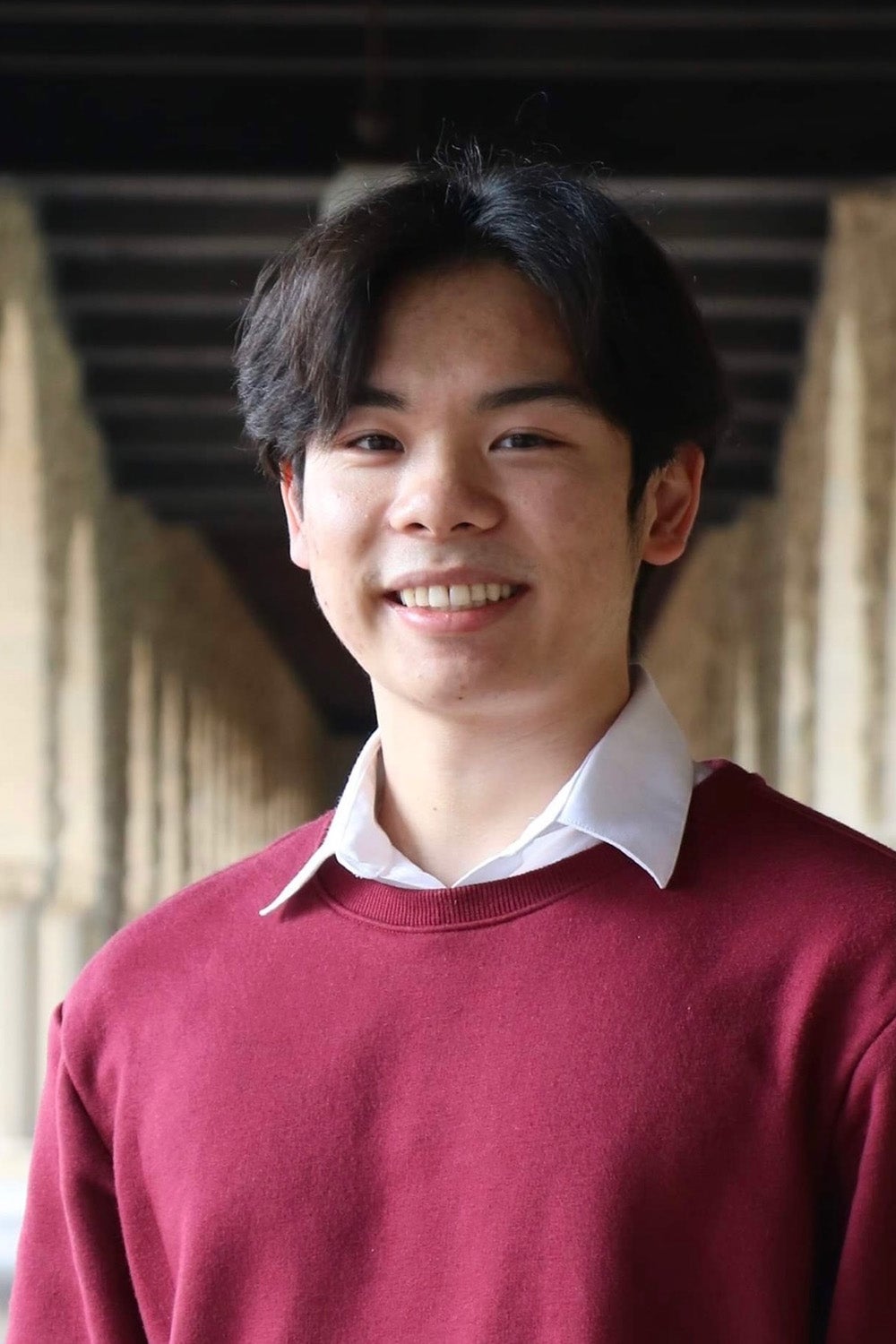Stanford senior Edward Tran has been named a 2023-24 Luce Scholar. The Luce Scholars program offers early-career leaders immersive professional experiences in Asia.
Tran is a coterminal student pursuing a bachelor’s degree in computer science with a concentration in biocomputation and a master’s in management science and engineering on the health systems modeling and policy track, which he expects to complete in four years. He said he is thrilled and humbled to receive the award.
“The Luce scholarship represents an incredible opportunity to gain a deeper understanding of the cultural, social, and economic issues affecting health care in Asia,” Tran said. “I will be able to broaden my perspective on health care delivery and the cultural factors that influence patients’ attitudes toward health and illness.”
The Luce Scholars program is a nationally competitive fellowship that provides young scholars who have great potential but little previous exposure to Asia with an immersive experience that will enhance their understanding of the region. Each year, 15-18 scholars are selected and receive stipends, language training, and individualized professional placement in an Asian country.
Tran is from San Gabriel, California, and is the first Luce Scholar from Stanford since 2014. Following Commencement, he will begin a week-long orientation in Singapore. Although he does not yet know where he’ll be placed in Asia for the duration of the program, he is interested in the intersection of health, technology, and medicine, and hopes to become a physician serving immigrants and underserved populations.
“By experiencing the challenges and successes that health care providers face in Asian countries, I will be better equipped to address health care disparities and advocate for policy change that promotes equitable care for all,” he said.
At Stanford, Tran serves as co-president of the Stanford Undergraduate Research Association and co-president of Stanford Student Biodesign. He is a peer counselor at The Bridge Peer Counseling Center and is co-director of student mental health and well-being for the Associate Students of Stanford University (ASSU), where he collaborates with the Office of the Vice Provost for Student Affairs to improve and create new resources to support student mental health and well-being. He is also a pre-clinical volunteer and community health co-chair at Cardinal Free Clinics, a free clinic that serves underrepresented populations in the South Bay.
Outside of Stanford, Tran has worked at Cisco, Microsoft, and early-stage startups. At Reveri, he helped translate scientific research into an online platform that uses hypnosis to improve sleep, relieve stress, and enhance focus. At the biotech company Esurgi, he helped develop an early-detection Alzheimer’s medical device using eye patterns. As a 2022 Gilman Scholar, he traveled to Oaxaca, Mexico, where he shadowed clinicians in clinics and hospitals and learned about the Mexican health care system.
The Luce Scholars Program was established in 1974 by the Henry Luce Foundation. It is open to U.S. citizens and permanent residents who are college seniors, graduate students, and young professionals in a variety of fields and backgrounds.
International scholarships
Stanford students interested in overseas scholarships and Stanford faculty interested in nominating students for such awards should contact Diane Murk, dmurk@stanford.edu, manager of the Office of Global Scholarships at Bechtel International Center.
